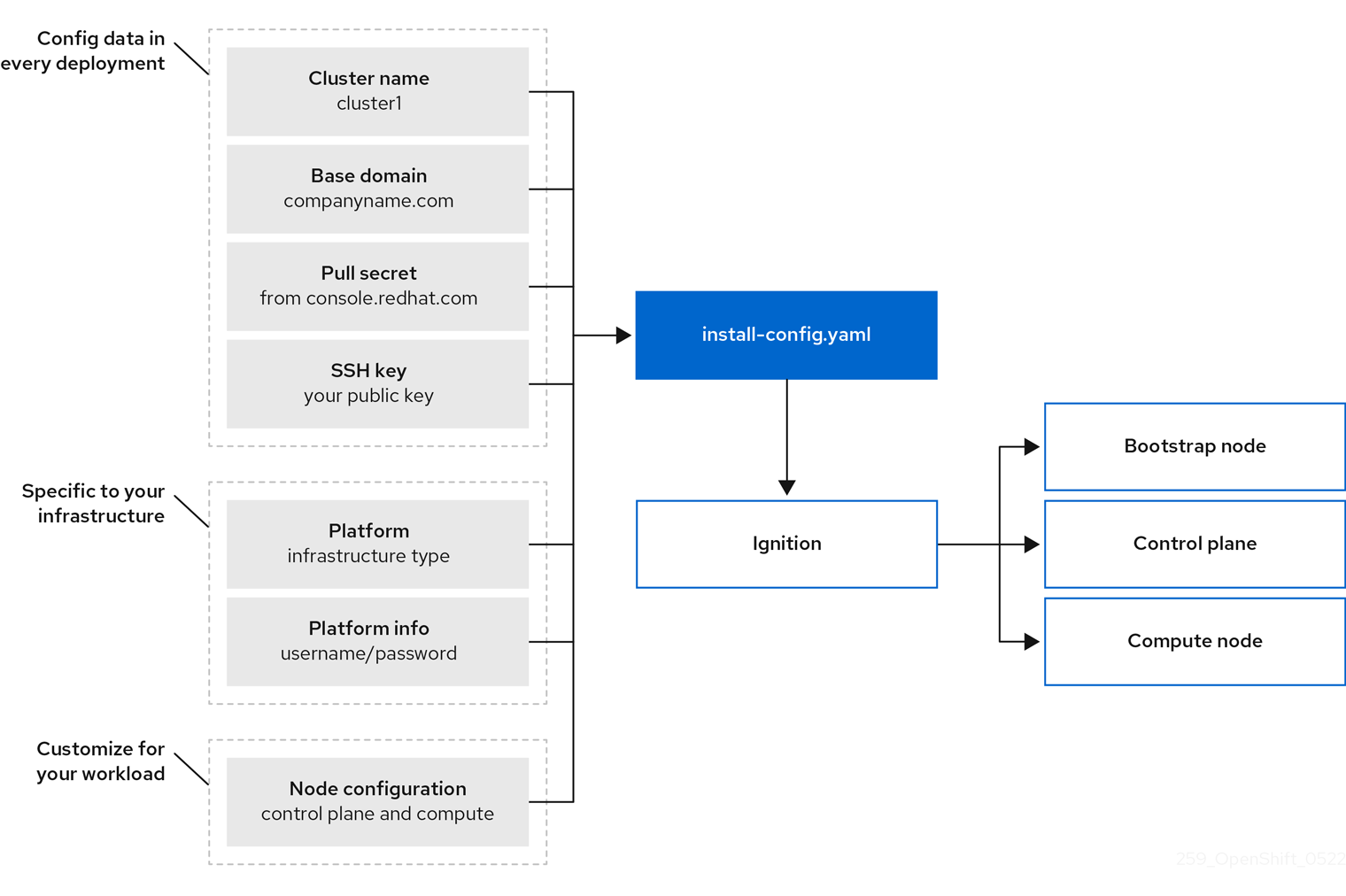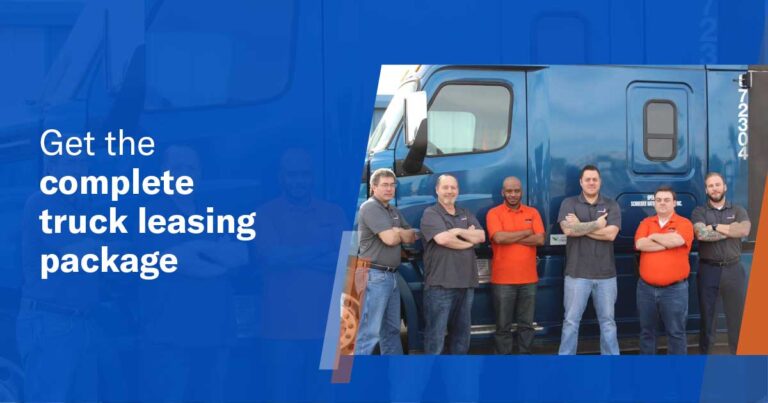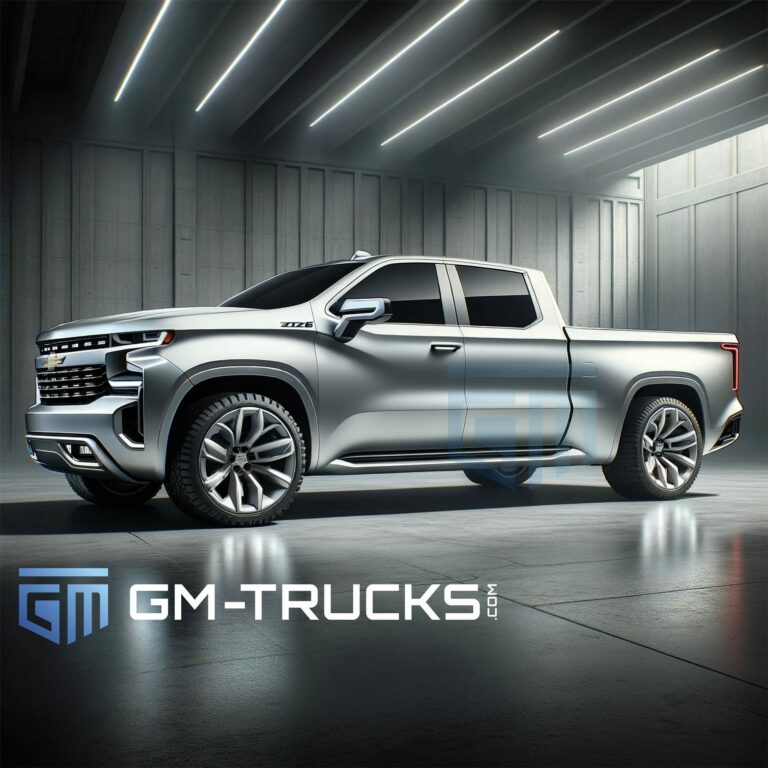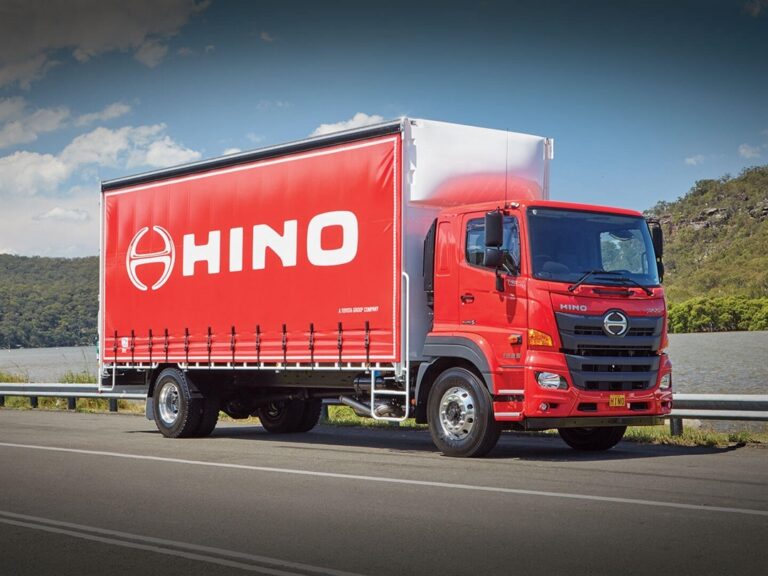Platform Trucks For Sale: Your Ultimate Guide to Efficient Material Handling
Platform Trucks For Sale: Your Ultimate Guide to Efficient Material Handling cars.truckstrend.com
In the bustling world of warehousing, logistics, manufacturing, retail, and even home organization, the efficient movement of goods is paramount. From heavy boxes to oddly shaped components, businesses and individuals constantly seek solutions to streamline their material handling processes, reduce manual strain, and enhance safety. Enter the humble yet indispensable platform truck. When you’re looking for platform trucks for sale, you’re not just buying a piece of equipment; you’re investing in productivity, safety, and a smoother workflow. This comprehensive guide will delve into everything you need to know about platform trucks, helping you make an informed decision for your specific needs.
What Exactly Are Platform Trucks?
Platform Trucks For Sale: Your Ultimate Guide to Efficient Material Handling
At its core, a platform truck is a simple, robust piece of material handling equipment designed for transporting various items horizontally. It typically consists of a flat, sturdy deck mounted on wheels, with a handle (or handles) for pushing or pulling. Unlike hand trucks (which tilt and carry items vertically) or pallet jacks (which lift and move pallets), platform trucks excel at moving multiple items, oversized goods, or a stack of boxes without the need for lifting or tilting the load itself. Their design allows for a stable and secure transport, making them a versatile workhorse in countless environments.
The simplicity of their design belies their immense utility. They come in various materials, sizes, and configurations, each tailored to specific load capacities and operational environments. Whether you need to move inventory across a warehouse floor, transport equipment in a workshop, or shuttle supplies in a retail store, there’s a platform truck perfectly suited for the task.
Why Invest in a Platform Truck? Key Benefits
The decision to look for platform trucks for sale is often driven by a clear need for improved efficiency and safety. Here are the primary benefits that make them an invaluable asset:
- Increased Efficiency and Productivity: Platform trucks allow for the simultaneous movement of multiple items or larger, heavier goods that would otherwise require several trips or multiple people. This significantly reduces transport time and frees up valuable labor for other tasks, directly boosting overall productivity.
- Reduced Manual Labor and Injury Risk: Manually carrying heavy or bulky items is a leading cause of workplace injuries, particularly back strains and muscle sprains. Platform trucks eliminate the need for employees to lift and carry heavy loads, dramatically reducing physical strain and the risk of injuries. This leads to a healthier workforce and fewer workers’ compensation claims.
- Exceptional Versatility: From moving boxes and furniture to machinery parts and building materials, platform trucks adapt to a wide array of items. They are equally useful in warehouses, factories, offices, schools, hospitals, retail stores, and even for residential use like moving or gardening.
- Cost-Effectiveness: Compared to more complex material handling equipment, platform trucks are relatively inexpensive to purchase and maintain. Their durability ensures a long lifespan, providing an excellent return on investment over years of use.
- Improved Safety and Load Security: The flat, stable deck provides a secure base for loads, minimizing the risk of items falling, shifting, or being damaged during transport. Many models also feature non-slip surfaces or lips to further secure items.
- Ease of Use: Most platform trucks require minimal training to operate. Their intuitive design allows anyone to quickly and safely move loads with ease.

Types of Platform Trucks Available

When browsing for platform trucks for sale, you’ll encounter a variety of options categorized by their construction, features, and intended use. Understanding these types is crucial for selecting the right model:
Based on Material:
- Steel Platform Trucks: Known for their exceptional durability and high load capacities, steel trucks are ideal for heavy-duty industrial environments. They are robust, resistant to impact, and can withstand rigorous use. However, they are heavier and can be susceptible to rust if not properly maintained or coated.
- Aluminum Platform Trucks: Lighter than steel, aluminum trucks offer excellent corrosion resistance, making them suitable for outdoor or damp environments. They are easier to maneuver and transport but generally have lower load capacities than steel.
- Plastic (HDPE/Polypropylene) Platform Trucks: Lightweight, non-marking, and resistant to chemicals and moisture, plastic trucks are popular in retail, food service, and office settings. They are easy to clean and often more affordable, though their load capacity is typically lower than metal alternatives.
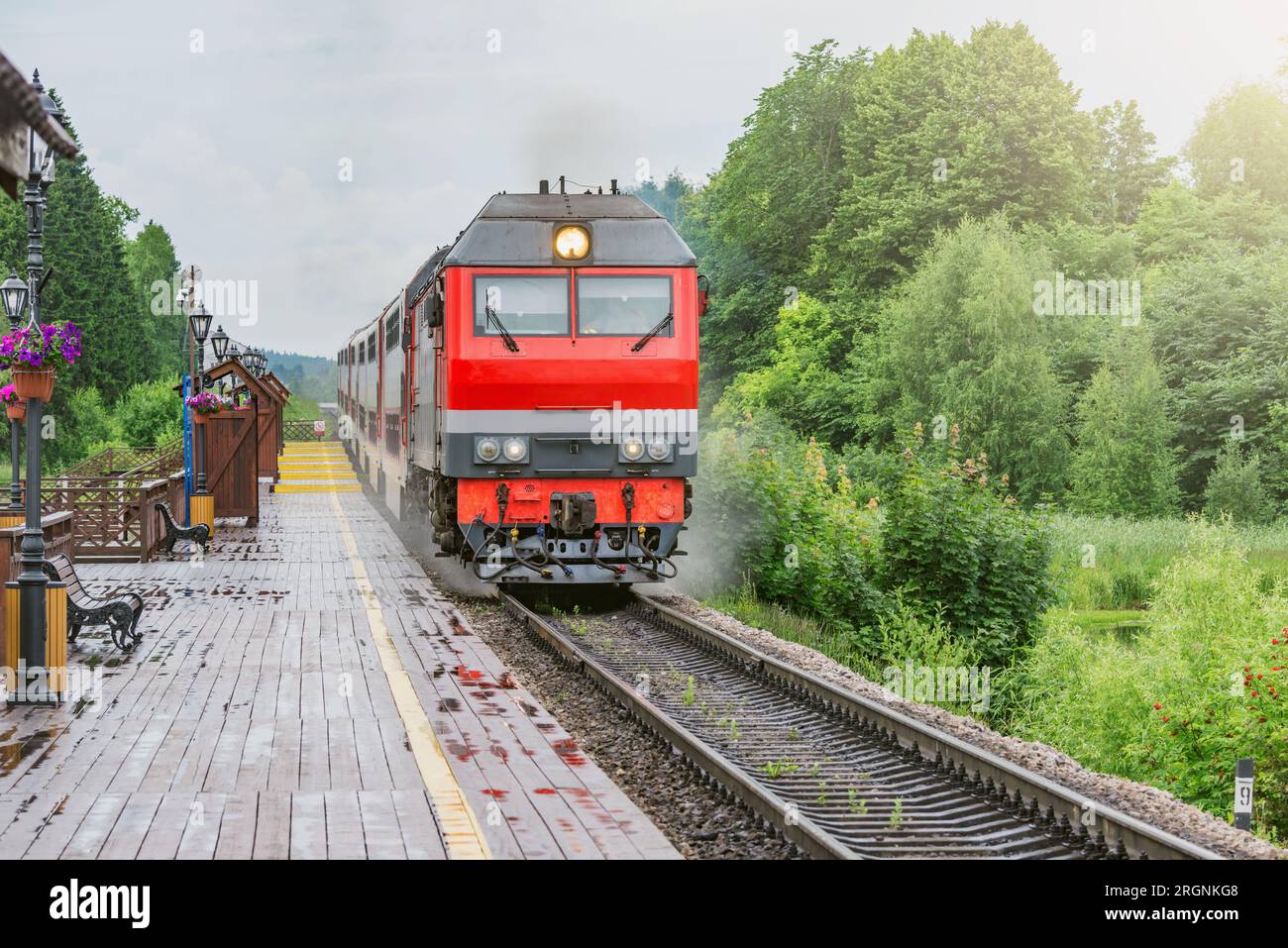
Based on Handle Type:
- Fixed Handle: The most common type, with a handle permanently attached to the deck. Simple and sturdy.
- Folding Handle: The handle folds flat against the deck, making the truck compact for storage or transport in vehicles. Ideal for spaces where storage is a premium.
- Removable Handle: Similar to folding, but the handle detaches completely. Offers maximum compactness.
- Loop/U-Handle: Provides multiple grip points for pushing or pulling, offering greater maneuverability and comfort.
- Double Handle: Handles on both ends, allowing two people to push/pull or for pushing from either direction without turning the truck around.
Based on Wheel Type:
The choice of casters is critical for performance and longevity:
- Solid Rubber Wheels: Non-marking, quiet, and offer good traction. Best for smooth indoor surfaces.
- Pneumatic (Air-Filled) Wheels: Excellent shock absorption, making them ideal for rough or uneven outdoor surfaces. They offer a smoother ride but can puncture.
- Polyurethane Wheels: Durable, non-marking, and resistant to chemicals and abrasions. A good all-around choice for various surfaces, including concrete and tile.
- Cast Iron Wheels: Extremely durable and high-capacity, but can be noisy and potentially damage delicate floors. Best for heavy loads on very durable surfaces.
Specialized Types:
- Heavy-Duty Platform Trucks: Designed for extreme loads, often featuring reinforced decks, larger wheels, and robust frames.
- Convertible Platform Trucks: Can switch between a platform truck and a hand truck configuration, offering dual functionality.
- Panel Carts: Specifically designed with side frames to securely transport large, flat items like sheets of drywall, plywood, or doors.
Key Considerations When Buying a Platform Truck
When you’re looking at platform trucks for sale, a thoughtful evaluation of your needs will ensure you pick the perfect model:
- Load Capacity: This is the most critical factor. Determine the maximum weight you anticipate moving. Always choose a truck with a capacity significantly higher than your typical heaviest load to ensure safety and prevent premature wear.
- Deck Size: Consider the dimensions of the items you’ll be transporting. The deck should be large enough to accommodate your goods securely without excessive overhang.
- Wheel Type and Size:
- Surface: Smooth concrete, carpet, rough asphalt, gravel? Match the wheel type (solid rubber for smooth, pneumatic for rough, polyurethane for versatile).
- Maneuverability: Swivel casters (usually two) provide easy steering, while rigid casters (usually two) provide directional stability. All-swivel caster models offer maximum maneuverability in tight spaces.
- Noise: Some wheel materials are quieter than others.
- Handle Type: Do you need it to fold for storage? Is comfort important for prolonged use?
- Material: Steel for heavy industrial use, aluminum for corrosion resistance and lighter weight, plastic for hygiene and non-marking.
- Brakes: Essential if you’ll be using the truck on inclines, or if you need to secure it during loading/unloading to prevent rolling.
- Budget: Platform trucks range widely in price. Balance your budget with the required features, durability, and expected lifespan. Investing a bit more upfront can save money on replacements and repairs in the long run.
- Ergonomics: Look for comfortable handle heights and designs that promote good posture during operation.
Where to Find Platform Trucks For Sale
The market for platform trucks for sale is diverse, offering options from various suppliers:
- Online Retailers: Major e-commerce platforms like Amazon, eBay, and specialized industrial supply websites (e.g., Uline, Grainger, Global Industrial) offer a vast selection, often with competitive pricing and detailed specifications.
- Industrial Equipment Suppliers: These companies specialize in material handling equipment and can provide expert advice, a wider range of heavy-duty options, and often offer bulk discounts.
- Local Hardware Stores: For light-duty or occasional use, local hardware stores often carry basic models.
- Used Equipment Dealers: For budget-conscious buyers, used equipment dealers can be a good source. Inspect used trucks thoroughly for structural integrity, wheel condition, and overall wear.
- Manufacturer Websites: Many reputable manufacturers sell directly or through their authorized dealer networks, ensuring genuine products and warranty support.
Tips for Maximizing Your Platform Truck’s Lifespan and Performance
Once you’ve found the right platform trucks for sale and made your purchase, proper care and usage will ensure it serves you well for years:
- Adhere to Load Capacity: Never exceed the stated weight limit. Overloading is the quickest way to damage the deck, frame, and wheels, and it creates a significant safety hazard.
- Regular Maintenance:
- Wheels and Casters: Keep wheels free of debris. Periodically lubricate bearings (if applicable) to ensure smooth rolling. Check for wobbling or excessive wear.
- Frame and Deck: Inspect for cracks, bends, or loose fasteners. Tighten any bolts or screws as needed.
- Cleanliness: Keep the deck clean to prevent build-up that could affect load stability or cause corrosion.
- Proper Storage: Store your platform truck in a dry place to prevent rust, especially for steel models. If it has a folding handle, collapse it to save space.
- Safe Operation Practices:
- Push, don’t pull, whenever possible for better control and visibility.
- Distribute loads evenly on the deck to maintain stability.
- Secure tall or unstable loads with straps or bungee cords.
- Always look where you are going and be aware of your surroundings.
- Engage brakes when loading or unloading on inclines.
Potential Challenges and Solutions
While platform trucks are generally straightforward, some challenges can arise:
- Challenge: Overloading.
- Solution: Educate users on load limits. Invest in trucks with higher capacities than initially estimated to provide a buffer.
- Challenge: Difficulty on Rough Terrain.
- Solution: Ensure you’ve selected a truck with appropriate pneumatic or larger diameter solid rubber wheels designed for outdoor or uneven surfaces.
- Challenge: Storage Space Limitations.
- Solution: Opt for models with folding or removable handles.
- Challenge: Maneuverability in Tight Spaces.
- Solution: Choose models with all swivel casters, or a configuration with four swivel casters and two rigid casters in the center (for very long trucks). Consider a smaller deck size if feasible.
Price Table: Platform Trucks For Sale (Estimated Ranges)
Please note that prices are estimates and can vary significantly based on brand, features, current market conditions, and supplier.
| Type/Description | Material | Load Capacity (lbs/kg) | Deck Size (LxW, inches) | Handle Type | Wheel Type | Est. Price Range ($) |
|---|---|---|---|---|---|---|
| Light-Duty Utility | Plastic | 300-500 lbs (136-227 kg) | 30×20 – 36×24 | Folding | Solid Rubber/Polyurethane | $80 – $200 |
| Standard Commercial | Steel | 500-1000 lbs (227-454 kg) | 30×20 – 48×24 | Fixed/Folding | Solid Rubber/Polyurethane | $150 – $400 |
| Heavy-Duty Industrial | Steel | 1000-2500 lbs (454-1134 kg) | 48×24 – 60×30 | Fixed/Loop | Polyurethane/Cast Iron | $300 – $800+ |
| All-Terrain (Pneumatic) | Steel/Aluminum | 500-1500 lbs (227-680 kg) | 48×24 – 60×30 | Fixed/Loop | Pneumatic | $250 – $700 |
| Convertible Truck | Steel | 300-800 lbs (136-363 kg) | 40×16 – 48×18 (platform) | Adjustable | Solid Rubber | $180 – $450 |
| Aluminum Lightweight | Aluminum | 300-800 lbs (136-363 kg) | 36×24 – 48×24 | Fixed/Folding | Solid Rubber/Polyurethane | $200 – $500 |
Frequently Asked Questions (FAQ)
Q1: What’s the difference between a platform truck and a hand truck?
A1: A platform truck has a flat, horizontal deck for moving multiple or oversized items horizontally. A hand truck (or dolly) is an L-shaped two-wheeled cart designed to tilt and move individual, often taller, items vertically.
Q2: How do I choose the right load capacity?
A2: Estimate the maximum weight of the heaviest single load you anticipate moving, then add a safety margin (e.g., 20-30%). Always choose a truck with a rated capacity that exceeds this number.
Q3: Are folding handles worth the extra cost?
A3: If storage space is limited, or if you need to transport the truck in a vehicle, a folding handle is definitely worth the investment for its convenience and space-saving benefits.
Q4: What kind of wheels are best for outdoor use?
A4: Pneumatic (air-filled) wheels are best for rough, uneven outdoor surfaces like gravel, grass, or cracked pavement as they provide excellent shock absorption. Large diameter solid rubber or polyurethane wheels can also work for less extreme outdoor conditions.
Q5: How often should I maintain my platform truck?
A5: Regular visual inspections should be done before each use. A more thorough maintenance check (lubricating bearings, tightening fasteners, checking for wear) should be performed quarterly for frequently used trucks, or semi-annually for less frequent use.
Q6: Can platform trucks be used on stairs?
A6: Generally, no. Standard platform trucks are not designed for stairs and attempting to use them on stairs can be dangerous and damage the truck or its contents. Specialized stair-climbing hand trucks or dollies are available for such purposes.
Conclusion
The search for platform trucks for sale is a journey towards enhanced operational efficiency, improved workplace safety, and significant time and labor savings. These unassuming workhorses are critical tools across a vast spectrum of industries, simplifying the complex task of material handling. By carefully considering load capacity, deck size, wheel type, and material, you can select the perfect platform truck that will serve as a durable, reliable, and cost-effective asset for years to come. Investing wisely in the right platform truck is an investment in your productivity and peace of mind.
